
It's #NationalIceCreamDay and that deserves two blog posts, in my humble opinion.
Author Crystal King muses on life, history, writing and food.

It's #NationalIceCreamDay and that deserves two blog posts, in my humble opinion.
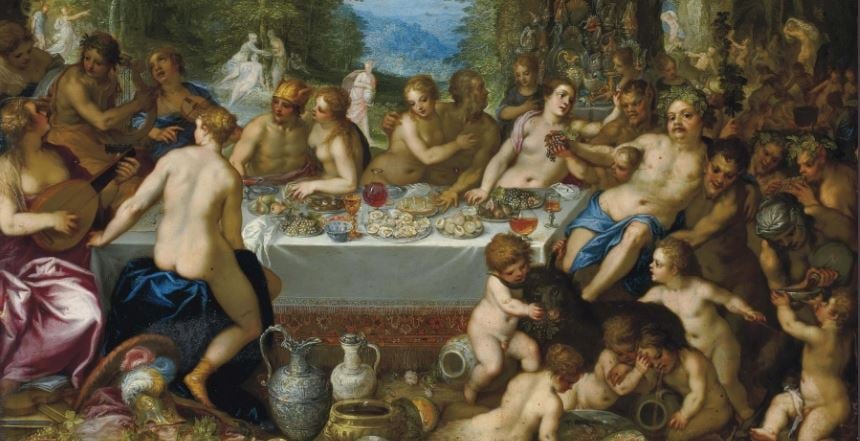
This article first appeared in the inaugural issue of the beautiful food history publication, EATEN Magazine. If you love food and love reading about the fascinating history of food, definitely snag a subscription...you won't be sorry! The photos of the cake were taken by Valerio Necchio.
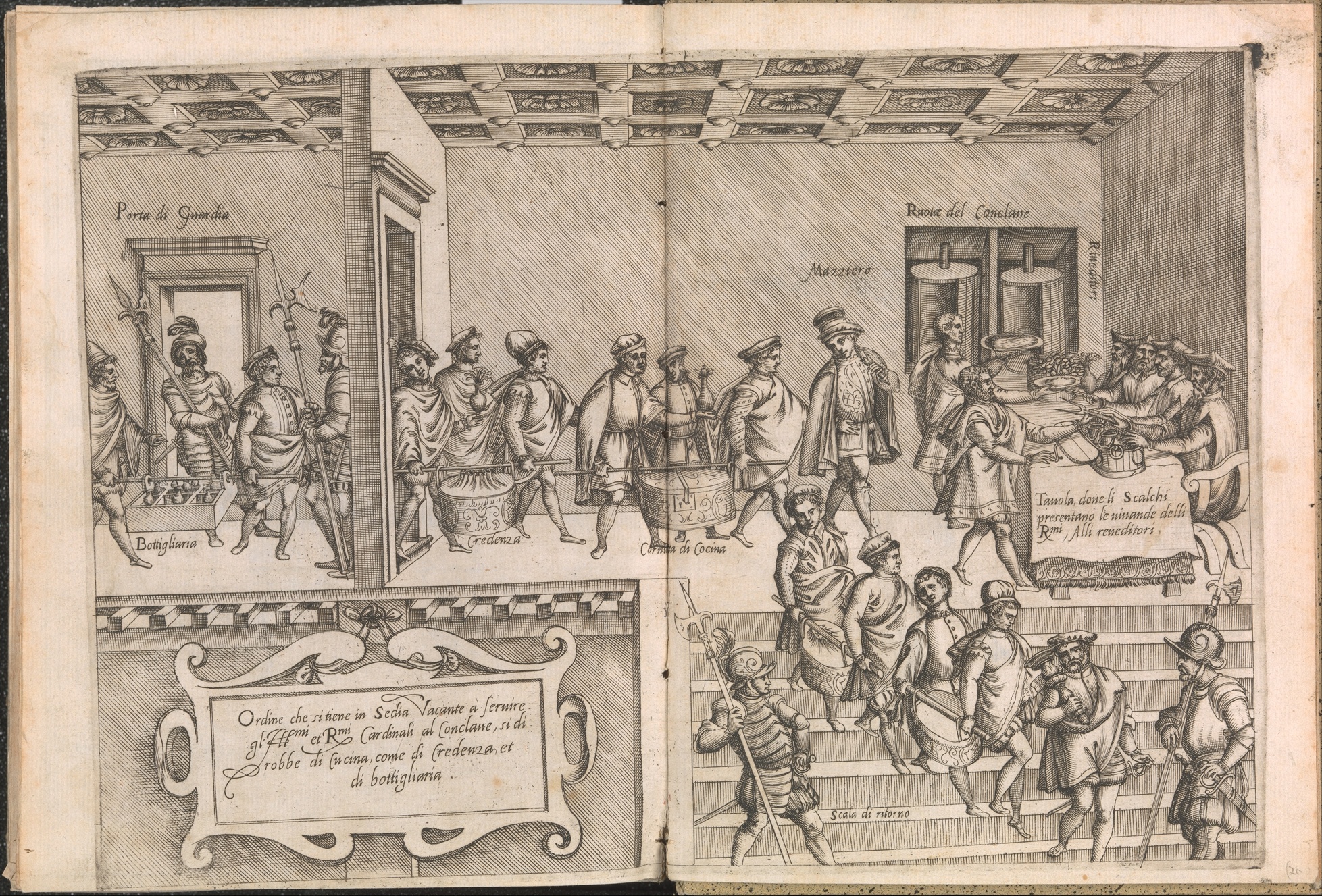
It's the sticky part of July, nearly the dog days of summer. My mind has been jam-packed with planning for both the fall, and the winter launch of my next novel, THE CHEF'S SECRET. In the midst of that, I've had my mind in a swirl with a variety of other projects, books and ideas--many of which I think might be of interest to my readers and potential readers, so let's unpack it all:

According to the ancient Roman historian, Pliny the Elder, "Apicius, the most gluttonous gorger of all spendthrifts, established the view that the flamingo's tongue has a specially fine flavor." The poet Martial, who was born a few years before Apicius died, agreed, saying: “My red wing gives me my name, but epicures regard my tongue as tasty. But what if my tongue could sing?” They don't actually sing, however. They tend to honk and squawk.
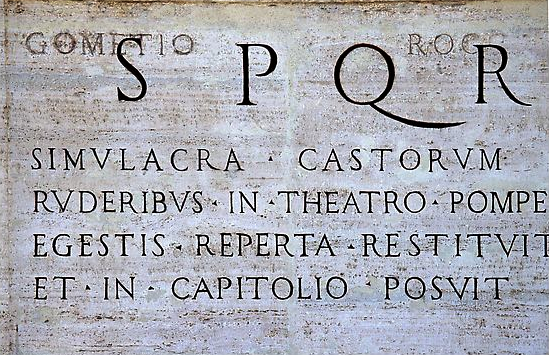
Writing a book set in Ancient Rome means that I have to work with a lot of names that are probably unfamiliar to people, such as Thrasius, Sotas, and Ruan. And, ironically, when I included ancient Roman names that have survived the centuries, such as the name Melissa, my readers told me that the name felt too out of place.
.jpeg)
2017 was such a wonderful year for books set in my favorite country, Italia. My own novel, FEAST OF SORROW, about the ancient Roman gourmand, Apicius, hit bookshelves in April and it's been a crazy, fun, whirlwind year talking to readers and promoting my book. But the best thing about the year, for me, was meeting many of these authors and talking to them about Italy and getting a chance to read their books.
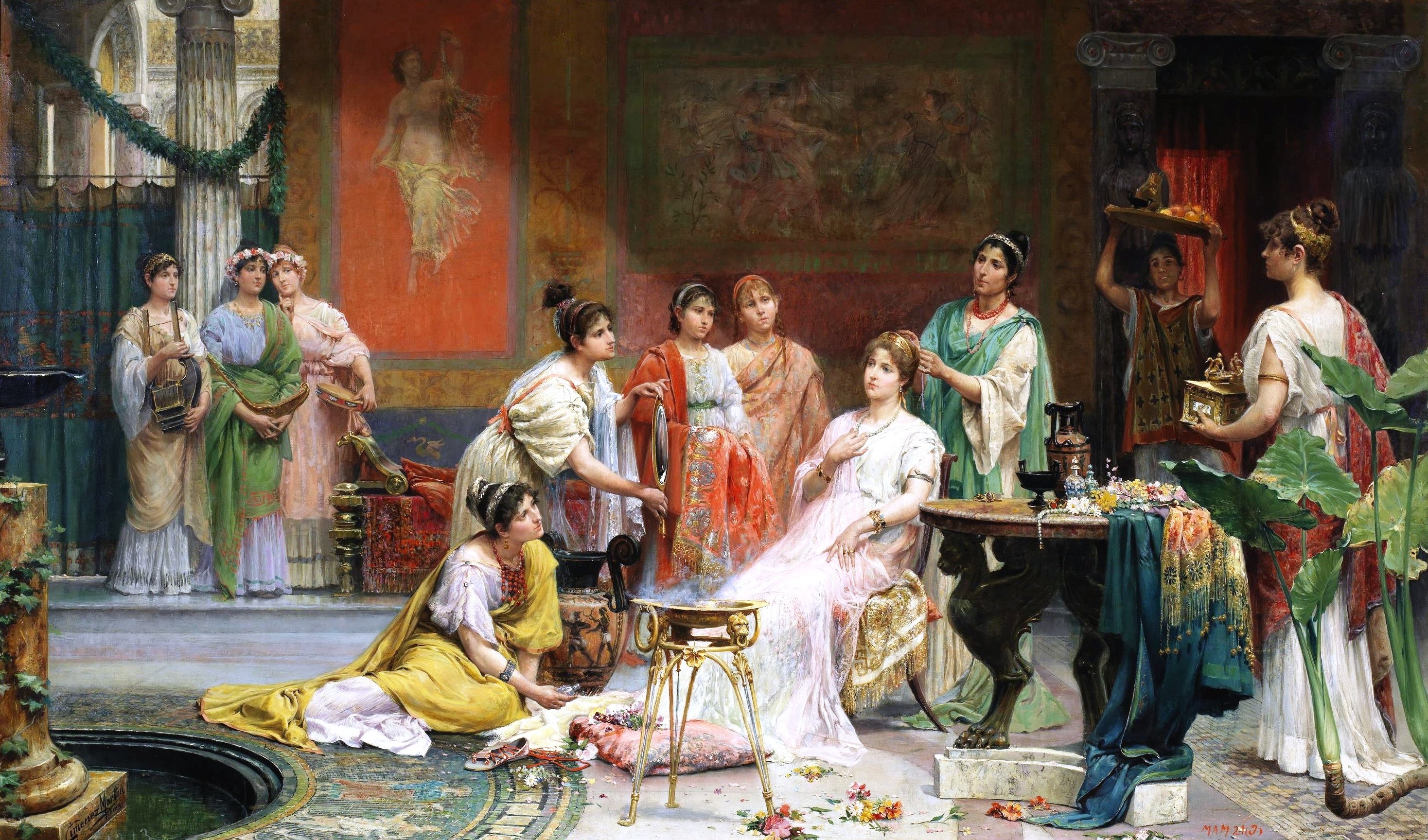
Women have been using makeup for thousands of years and beauty in Ancient Rome was just as important as it is today. Just as we do, they even had books that helped women stay on top of beauty trends. Many of you might be familiar with the poet Ovid’s Metamorphoses and Amores but I would bet you’ve not heard of his Medicamina Faciei Femineae or Women’s Facial Cosmetics, sometimes seen as The Art of Beauty. The fragment we have from this book (see the link above) is fascinating, offering up three and a half beauty tips for Roman women. The first is a lengthy and messy recipe on how to make your skin whiter. The second recipe on getting rid of pimples would, as we know now, kill you slowly over time. I imagine that many women paid such a high price to be beautiful:
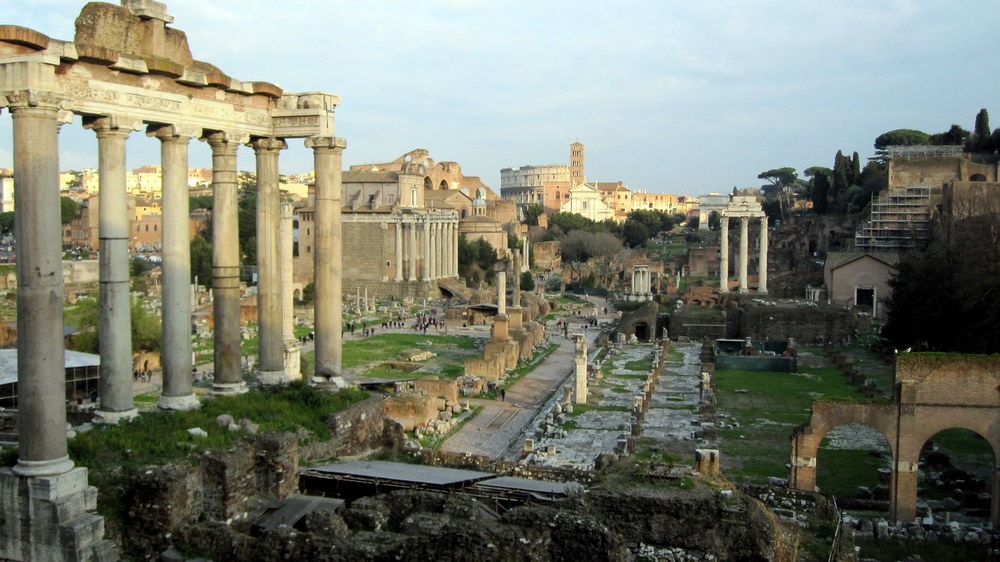
Podcasts are all the rage these days, which in some ways surprises me as I used to write columns on mobile marketing ten years ago when “podvertising” was a new way to promote. When the stellar podcast, Serial, came along in 2014 everyone jumped back on the bandwagon. Fortunately, podcasting has come a long way and there are some fantastic, well-produced gems out there to set your ears upon. Also, if you need a better way to organize your podcasts, check out Overcast.
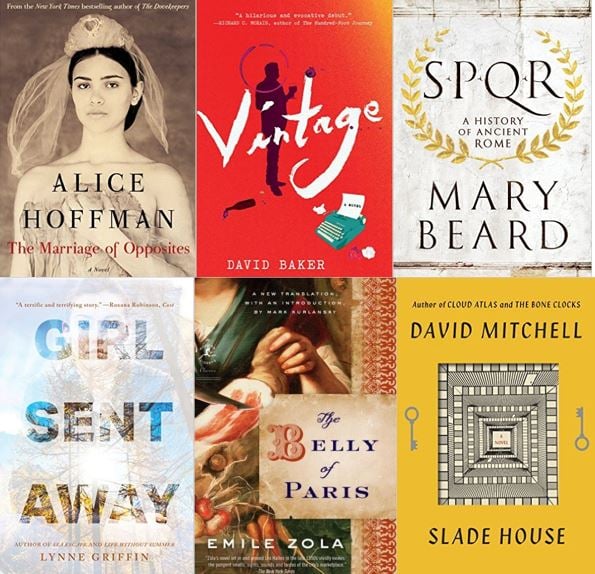
My 2015 New Year's Resolution of reading 52 books in 2015 is complete! I even did better than that and read a few more too.
60. Slade House - David Mitchell Ending the year with Slade House was a good decision. I slurped it up in about two nights of reading--it was that good. It's one of the most unusual ghost stories that I've read. Mitchell toys with point of view in the most artful of ways and his method of telling the story across the decades is equally masterful. I didn't find it to be a scary story, just one that kept me wondering what on earth might happen next.
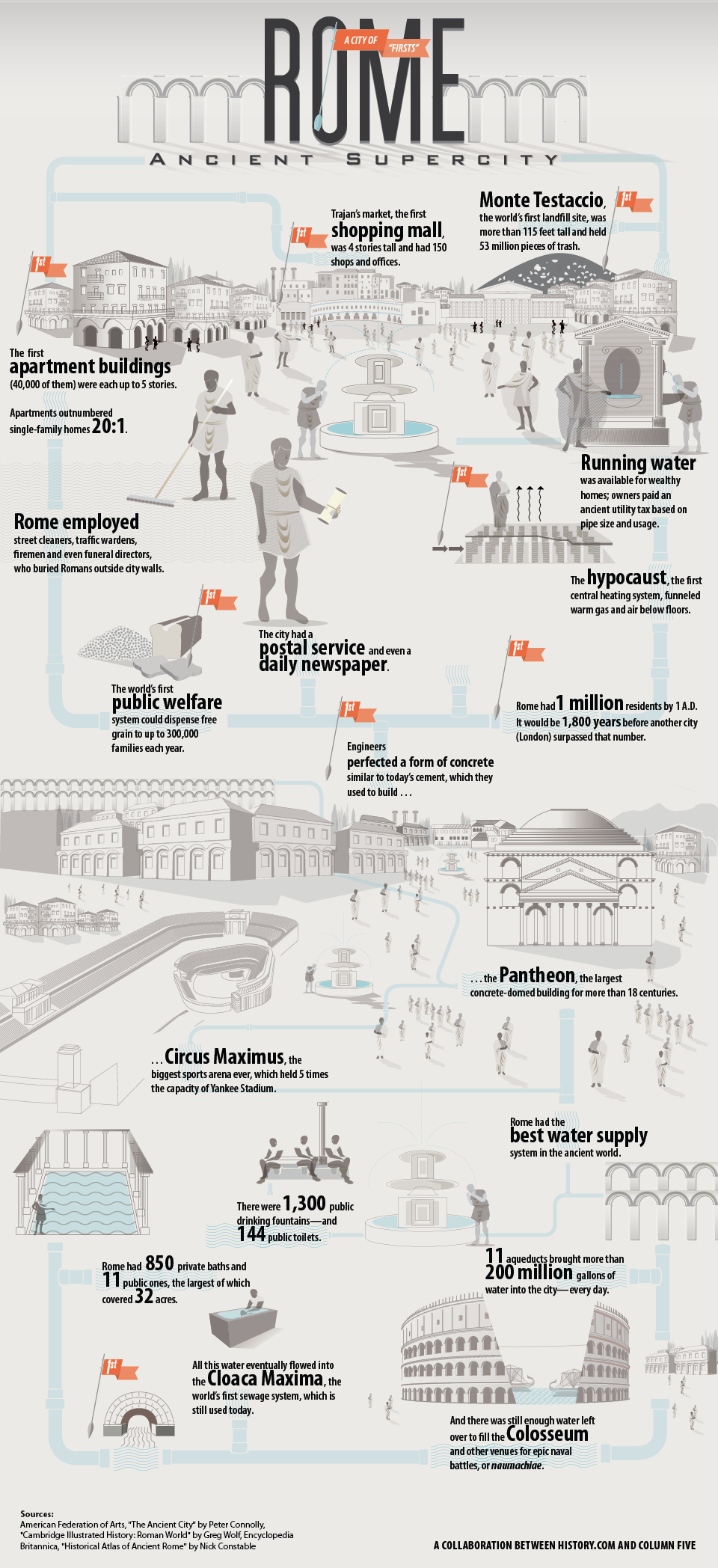
As a result of my research a knew a lot of this great information already but it's great to see how History.com and the design firm Column 5 put it all into such an easily digestible visual.
Allow me a tiny bit of commentary before you dig in below.
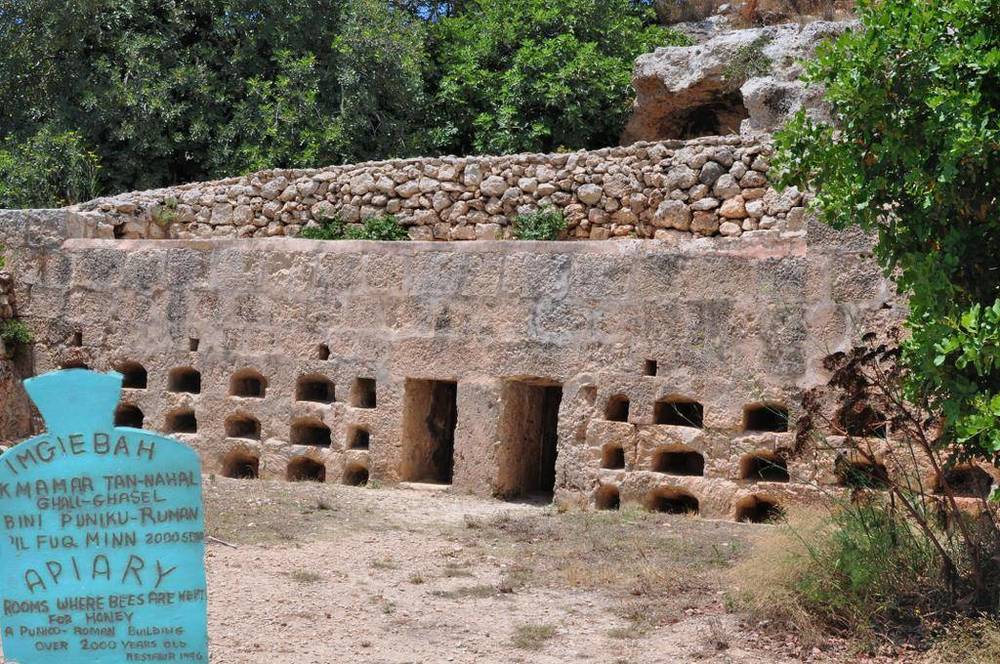
Back in 1987, archaeologists discovered a treasure trove in a floor drain of the Roman Forum. This "treasure" was 86 loose teeth, all intact but with cavities in various stages. Three decades later, they've finally determined that they were all extracted by a highly skilled dentist of the time. Also of interest, up in England, researchers have pinpointed the advanced stages of dental decay in a young Roman toddler, to excessive consumption of honey.
Medicine was quite advanced in Ancient Greece and Rome. Surgeons regularly practiced lobotomies, Caesarean sections (didn't you ever wonder where that name came from?) and amputations, and were the inventors of tools such as forceps, catheters, scalpels and bone drills. Along with all of this fancy "technology" the Romans also relied heavily on herbs and the beneficial properties of food. Pliny writes (in addition to telling us how bees manage their colonies) that honey is good for afflictions of the mouth, pneumonia, pleurisy and snake bites.
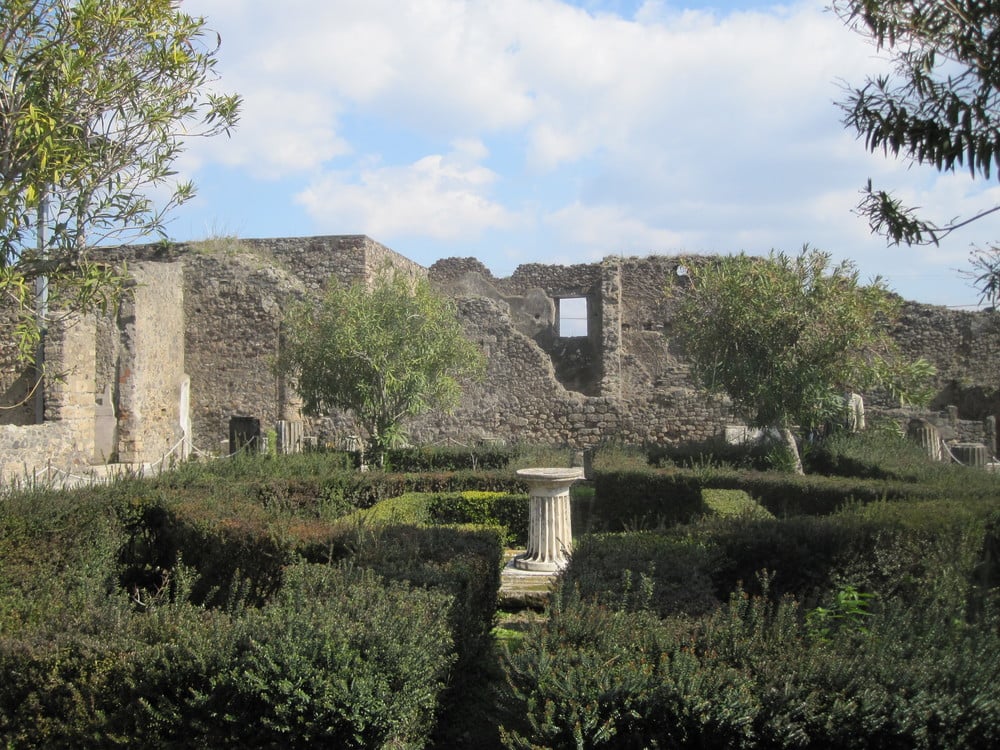
The movie Pompeii, directed by Paul W.S. Anderson, is coming out in February and I have to say I've not really been this excited about a movie in a long time. The film has the eye candy of incredible special effects and also Jon Snow himself (Kit Harrington) but what has me most intrigued is that Anderson apparently cares a lot about authenticity when it comes to the story and the era. The film comes out on February 28. I can't wait to find out for myself if that's true!
httpvh://www.youtube.com/watch?v=eoVNF1Zus7Q
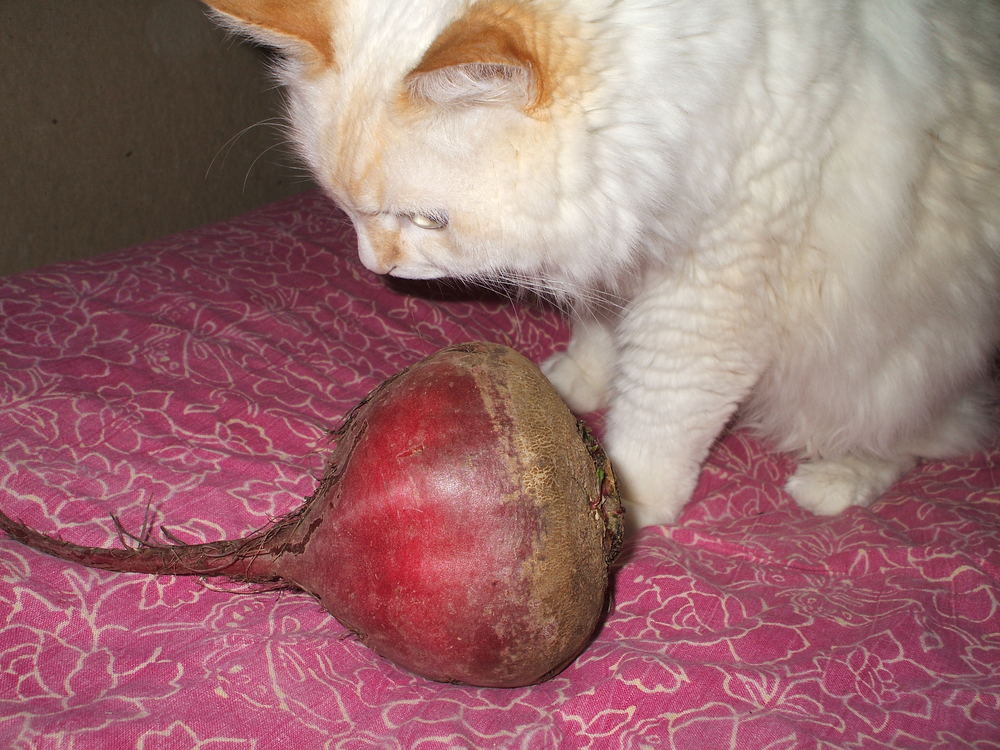
This is a very good and easy ancient recipe, included in Apicius' cookbook. We make this often as a side dish. It goes particularly well with the recipe for Parthian Chicken! You may have been making beets this way and not even known that the recipe was at least 2,000 years old!
The original recipe:
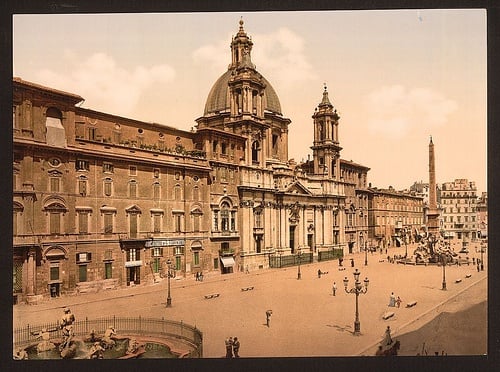
Learning Italian isn't something that I decided to do when I was young, but I wish I had! Instead, when I was in high school, many many years ago, I thought it would be great to learn French. Other kids in the high school in Boise, Idaho were learning Spanish, or perhaps German. I don't even recall if they offered other languages at my school at the time. French seemed elegant, refined, literary and Spanish, while beautiful and I can appreciate it more now, seemed oh so utilitarian back then. Boring.
I was never overly dedicated to the learning the language, but I did ok. The problem was that coming from a family with no money and no passports, the thought of going to France seemed like such a pipe dream (I"ve still not been!). And living in Boise there wasn't a soul with whom I could practice. Still, I persisted even into college, minoring in the language.

This is an ancient cracker recipe from Athenaeus, a rhetorician and grammarian who lived in Rome in the 3rd century AD. This recipe is a delightful, snacky interpretation of a cracker that was most likely served at taverns in ancient Greece and Rome. The original recipe doesn't give us much direction, but they were likely somewhat similar to the recipe below.
Glykinai: "The cakes from Crete made with sweet wine and olive oil.” - Athenaeus in The Deipnosophistae

A little while ago I showed you some photos of an incredible miniature of the ancient Roman Forum. Here's an amazing 3D rendered video of the Forum. Talk about sparking your imagination for times gone by! It's such a shame that so much of the Forum fell into disrepair and that eventually medieval and Rennaissance nobility and the Papacy pulled them down for their metals and marble.
http://www.youtube.com/watch?v=S4PACYJKxic
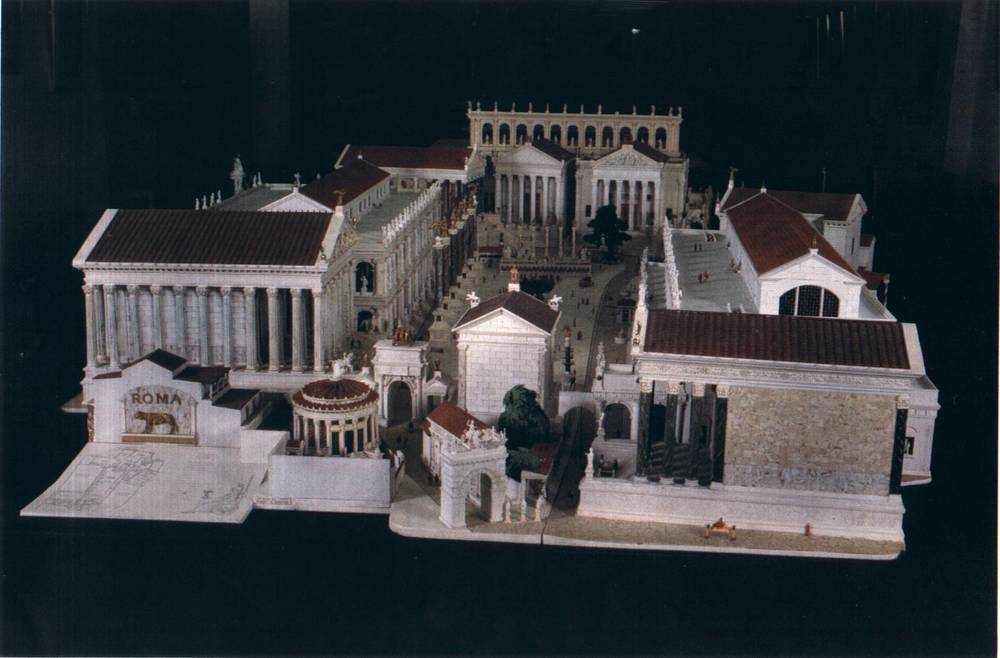
A few months ago I stumbled upon a site that showcases some photos of an incredible miniature of the Roman Forum made by a Robert Garbisch in 1982. Apparently it "took two and half years to complete. 95% of the 350 statues in the model were made by Robert Garbisch out of clay. There are over 720 Roman citizens living in this model and carrying on with their lives. This particular day in the Forum is the last visit by the good Emperor Marcus Aurelius to Rome during the summer of 179 AD."
Here are some of the photos of this amazing miniature. Apparently it's on view at the Brandeis library in Waltham and that's a stone's throw from me so I may have to call and see if they still have it on display.

The Vestal Virgins were among the most important individuals in ancient Rome. They were priestesses of the goddess Vesta, whose hearth was always lit. Their privileges among women of the day were many. They were able to own property and did not have to bear children, they had the best box seats to any event, they had the right of way in the streets, they had personal bodyguards and they had the ability to free slaves and prisoners with a mere touch or command.
We know a lot about the Vestals but we don't know much about what their hair looked like under the elaborate headdresses they wore. Janet Stephens, a Baltimore hairdresser and amateur archaeologist became fascinated with a statue she saw of a Vestal and decided she would find out. It took her seven years of research and now she believes she's figured it out. Take a look:
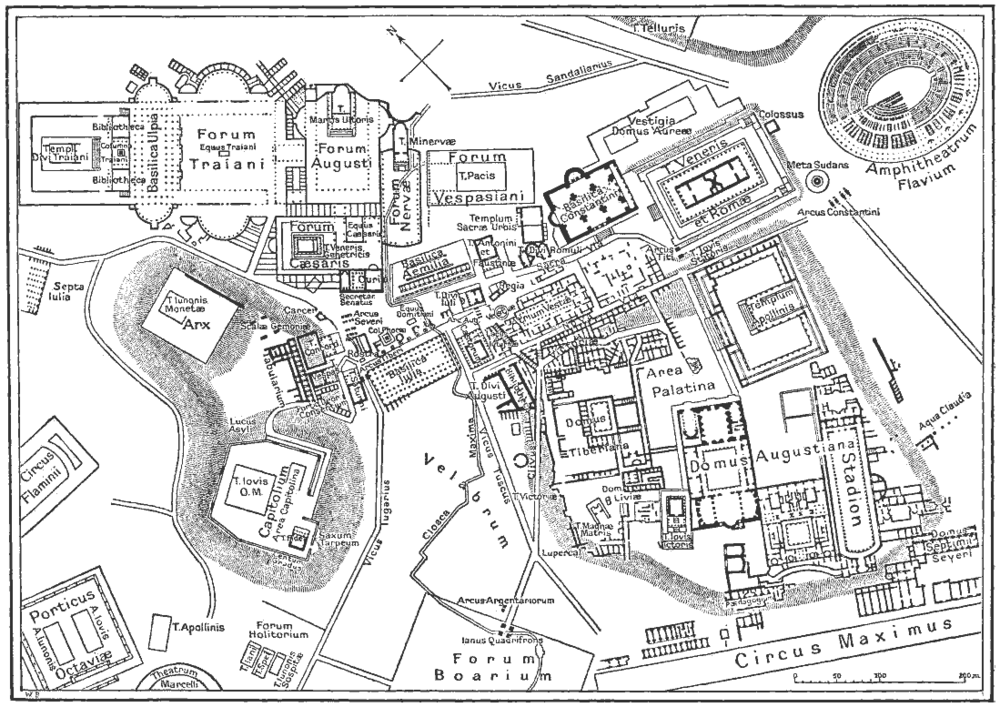
If not, now you can! This video was set about 200 years after my novel's central character lived, but it still gives a great flavor of what Rome would have been like in ancient times. While the Colosseum wasn't there, nor the Circus Maximus, most of the other major buildings were there in the time that Apicius lived. He would have walked on the stones of the Roman Forum, visited the Temple of Jupiter, looked up through the oculus of The Pantheon. Such power there is in history!
http://vimeo.com/32038695